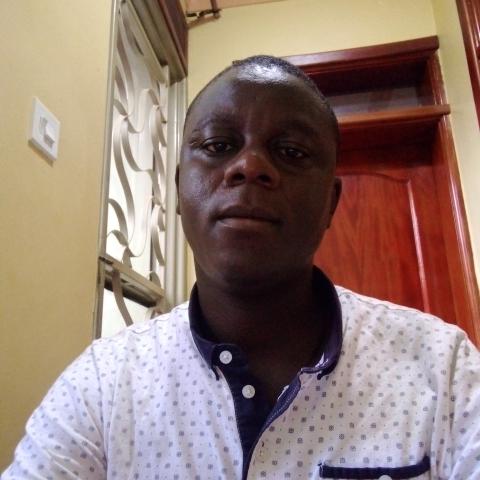In brief, my doctoral research is about climate litigation (CL) in the global south, focusing on Uganda. CL is a mechanism containing anthropogenic climate change through the adjudication process. In the wake of this mechanism, courts can be moved to command the uptake or improvement of climate action by ordering; mitigation, adaptation, and/ or compensation for loss and damage associated with climate change. Throughout this study, the researcher contends that, to some extent, climate litigation can be deployed to suppress the causes and effects of climate change. Indeed, in many jurisdictions, it has triggered action to protect human communities from deleterious climate change by holding responsible entities accountable. However, this is mostly true across countries in the global north but debatable in the south. Venerated by three landmark Court decisions in URGENDA I, II & III, now, all States party to the 2015 Paris Agreement, and core international human rights instruments (UDHR, ICESCR & ICCPR) can no longer shy away from the legal obligation to undertake ambitious climate action to protect their citizens from the impacts of climate change. Thus, deploying human rights-based theories, notably, the right to a clean and healthy environment (RCHE) to optimize climate litigation in a global south setting like Uganda, takes Centre stage in this study.

